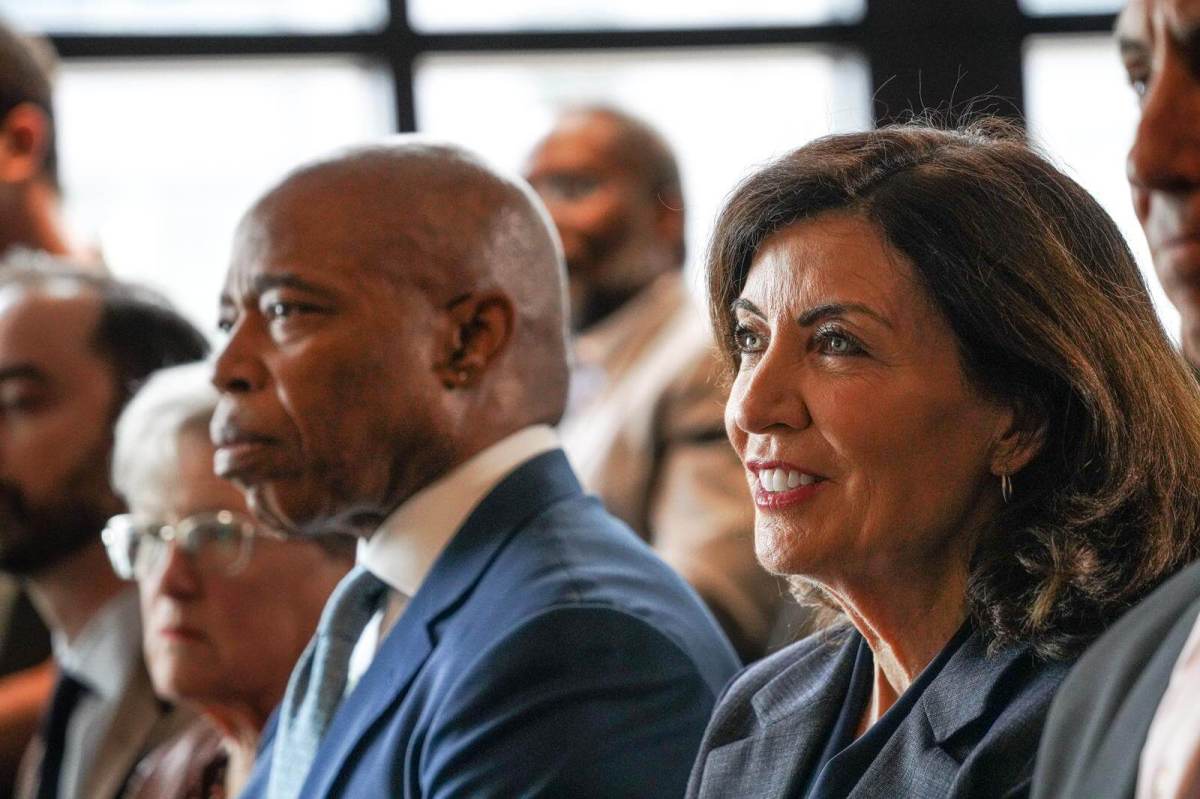I thought I was used to seeing politicians bargain with each other. A few concessions here and there to influential voting blocs are part of the elections game.
But Afghan President Hamid Karzai — the “liberal” darling of the international community — surely wins that game by throwing women’s rights like bargaining chips at the feet of religious conservatives he’s courting for Afghanistan’s August presidential election.
In February, he signed a new law that, according to United Nations organizations, legalizes rape within marriage and bars women from leaving their homes without permission from their husbands.
Déjà vu, anyone?
Senator Humaira Namati, a member of the Afghan parliament, told a British paper the law was “worse than during the Taliban,” a government that denied women basic rights such as education when it ruled Afghanistan 1996–2001.
News of the new law broke at an international conference for Afghanistan being held at The Hague. The reports offer both a fortuitous chance to embarrass Karzai for so cheaply selling out women, and a test for the 72 countries and organizations gathered at The Hague on how willing they are to defend Afghan women.
Since the Taliban’s ouster, much has improved for Afghan women. Millions of girls now attend school and women have a 25 per cent quota in parliament. In March, a female lawmaker, Shalah Attah, said she would run for president in August polls.
So what was Karzai thinking?
Despite the reemergence of the Taliban, the law has less to do with its misogyny and more with Karzai’s election manoeuvring.
If it wasn’t enough that millions of Afghan women still face violence at the hands of the Taliban, they now have to watch a president who claimed to be an ally bargain away their rights.
The law covers members of Afghanistan’s Shia minority, who account for about 10 per cent of the population, and was backed by the influential Shia clerics and parties who are objects of the increasingly unpopular Karzai’s affection.
Although the Afghan constitution allows Shia to have a separate family law, that same constitution and international treaties signed by Afghanistan promise women equal rights.
Afghan women parliamentarians and activists have condemned the law and said they’re worried another law being drafted for the country’s majority Sunni women will be equally harsh.
The international community has a perfect opportunity to corner Karzai at The Hague, but it must remain silent out of misguided cultural relativism that shortchanges women.
Afghanistan’s new law has nothing to do with culture or religion and everything to do with power and politics.
– Mona Eltahawy is an award-winning Egyptian-born commentator and public speaker on Arab and Muslim issues. She reported on the Middle East for 10 years before moving to the U.S.
















